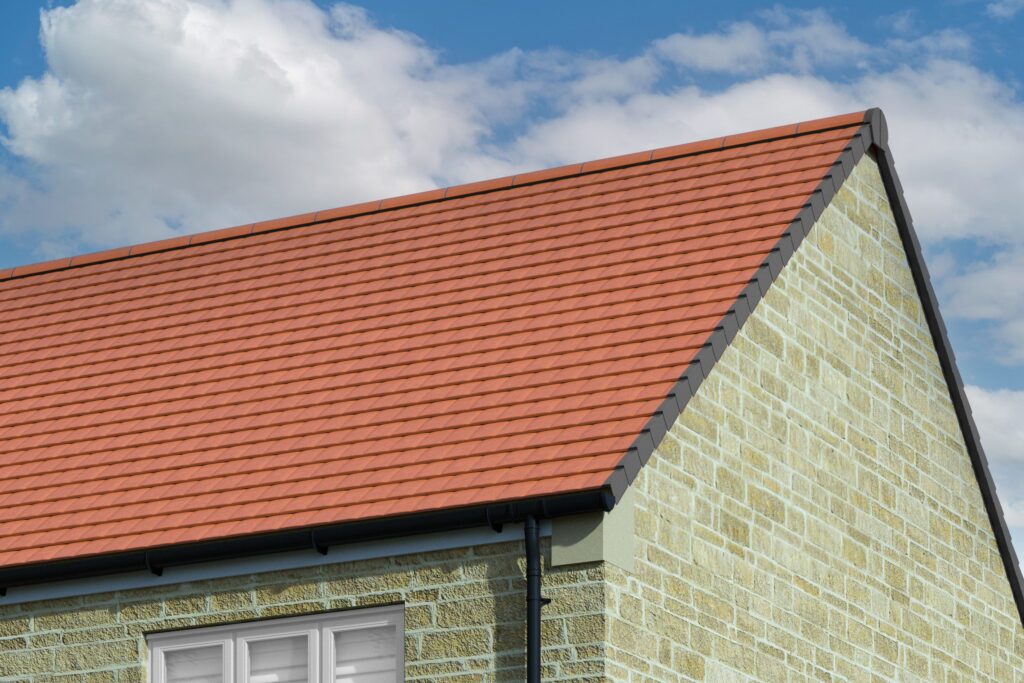Simon Corbey, MSc, MRICS, Director Alliance for Sustainable Building Products, ASBP, talks to Showhome about the importance of sustainability in the built environment
How do you think the Coronavirus pandemic has impacted the industry, and how have you been guiding your members?
Build UK and the Construction Leadership Council (CLC) have both called for rules relaxing requirements for covid-19 self-isolation for double-vaccinated workers to be accelerated to end the ‘pingdemic’ that is seeing thousands of workers forced to self-isolate. On 23 July, CLC Co-Chair Andy Mitchell said: “We have reports from across the industry of plants, sites and offices having to wind down activities as staff have been asked to isolate. This is putting very significant pressure on the sector, risking project delivery and even the viability of some firms.
Sustainability is a big word in the market. What are ASBP doing to help spread awareness and contribute to the sustainable built environment?
We host a packed knowledge sharing event programme, either free or at very low cost, we aim to inspire with our awards, educate with our research and briefing papers and assist our members with their specific queries, in order to achieve a healthy and low carbon built environment for everyone.
Do you think the green home ideal is attainable?
Yes, we have the knowledge, the materials, the skills and the will, for both retrofit and new build… All we need is a government that is comitted and understands the issues and why schemes have failed in the past.
ASBP has recently submitted evidence to RIBA and Architects Declare for their open call for evidence and research for the Built Environment Summit. If successful, what would be discussed and why?
Summary of how your submission provides evidence to support your primary theme: The submission primarily speaks to the theme of ‘The Built Environment Industry’s Capabilities’, majoring on the important role construction materials have in creating healthier, resource efficient and low carbon buildings, and particularly concerning topics such as whole life carbon, material reuse and nature-based solutions.
Description of your submission and how it supports your primary and secondary themes: The Alliance for Sustainable Building Products (ASBP) is a non-profit organisation formed in 2011 with a mission ‘to lead the transformation to a healthy low carbon built environment by championing the understanding and use of demonstrably sustainable building products’. Since 2011, we have grown to nearly 100 members of forward-thinking companies and institutions from across the built environment sector.
We take a holistic approach to sustainability through our ‘Six Pillars of Sustainable Construction’ that includes a commitment to whole life carbon minimisation, resource efficiency, health & wellbeing, ethics & transparency, technical performance and social value. These pillars provide a foundation to our work, but we recognise that they must not be addressed in isolation, with our work and activities regularly crossing over multiple themes.
Our activities include research, awareness raising, and developing guidance and training to improve understanding and aid implementation. We have in-house expertise and also work closely with our board members, who are some of the leading lights from across the sector with knowledge of life cycle analysis, whole life carbon, circular economy, timber, natural materials, and more. We have provided evidence of our related activities/outputs such as research projects, stakeholder working groups and new guidance, and would be pleased to present on these further at the Built Environment Summit.
Theme 1: The significance of the built environment
Theme 2: The Environmental Footprint of the Built Environment
PRIMARY THEME – Theme 4: The Built Environment Industry’s Capabilities
Theme 5: The Industry is Committed to Change
Theme 6: The industry needs governments’ support to change
What is your Timber Accelerator Hub?
Despite its many well-known advantages; in terms of carbon, waste, speed and quality of construction; mass timber faces multiple challenges that are preventing it being adopted as the primary structural material for most medium and high-rise commercial and residential developments. Unfavourable changes to regulation have combined with high costs or lack of availability of insurance. With widely held doubts and misconceptions around fire performance persisting amongst insurers, many developers are reluctantly reverting back to concrete or steel.
The Timber Accelerator Hub (TAH) was launched earlier this year by the Alliance for Sustainable Building Products, in partnership with the Laudes Foundation, to help develop solutions to the complex challenges alongside timber industry partners including Swedish Wood & Timber Development UK.
The Hub’s steering group brings together expertise from insurance, fire engineering, cost consultancy and sustainability, and couples this with timber industry knowledge. This collaborative approach is the starting point to developing initiatives to not only increase the uptake of mass timber but do this in a way that helps improve building safety and durability.
Since April 2021 we have been building connections and developing a number of working groups in order to scope out the issue from different perspectives. We’ve been speaking to developers, brokers, insurers and architects amongst others to understand exactly what the problems are and to begin to address them.
Amongst property insurers there is clearly a need for an increase in understanding regarding the performance of mass timber structures when exposed to fire and water during their lifetimes, as well as a need to pool any existing claims data on the UK’s existing mass timber buildings. Together with Dominic Lion, a broker at AJG, we are convening a forum to communicate the latest in fire engineering, testing and best practice to a large group of the UK’s leading property insurers, to assuage doubts, provide reassurance, and address concerns. We have a number of sessions planned which we hope will begin to turn the tide in property insurance for mass timber buildings.
What do you think is the biggest trend you see today?
There is real recognition amongst all parts of the supply chain and increasingly in government of the need to legislate for measurement of embodied carbon
What do you think is the biggest challenge facing the construction industry?
At the moment, it is price rises and material shortages, alongside skill shortages, mainy due to Brexit.
Anything else to note?
We have teamed up with Germany to share knowledge on mass timber at our event on 16th September and we will be updating everyone on COP26 in Glasgow and COP27 in Africa at our event on 29th September.
To stay up to date on the latest, trends, innovations, people news and company updates within the UK property and house building market please register to receive our newsletter here.
Media contact
Rebecca Morpeth Spayne,
Editor, Showhome Magazine
Tel: +44 (0) 1622 823 922
Email: editor@yourshow-home.com











